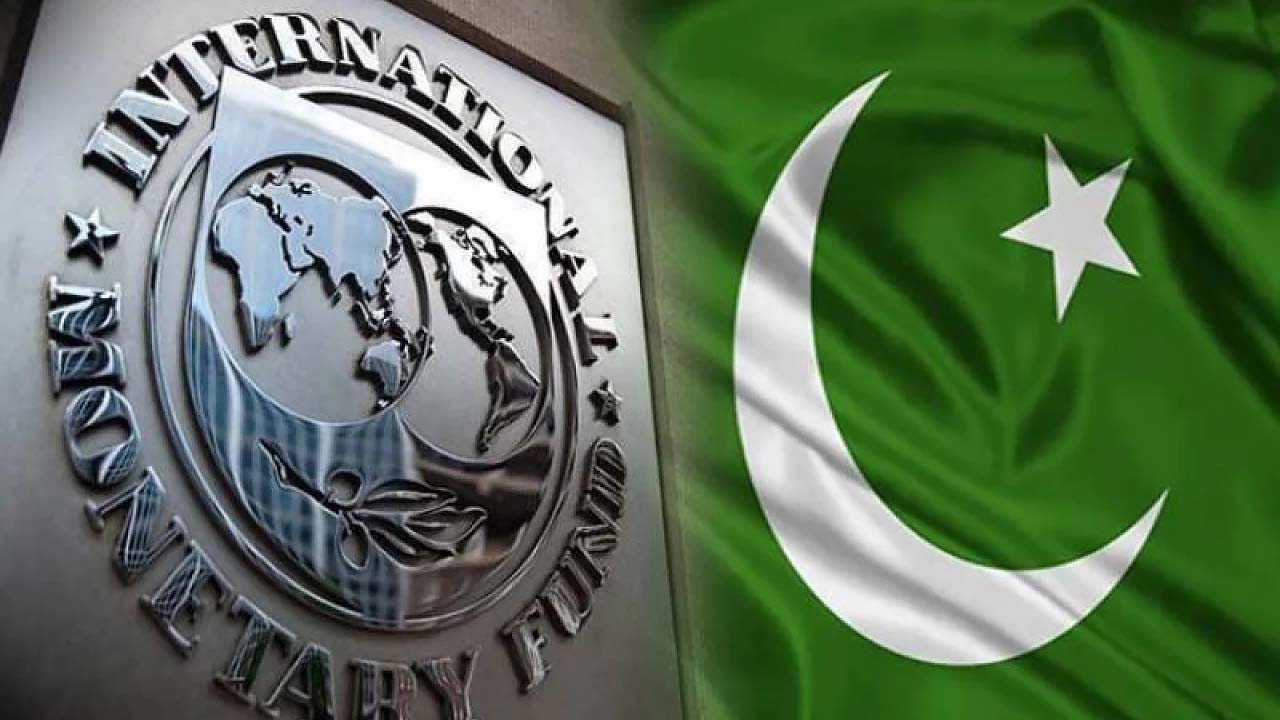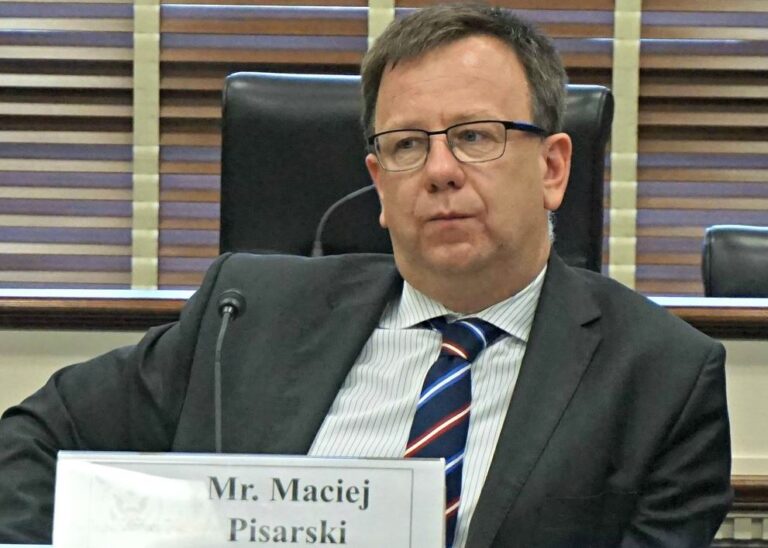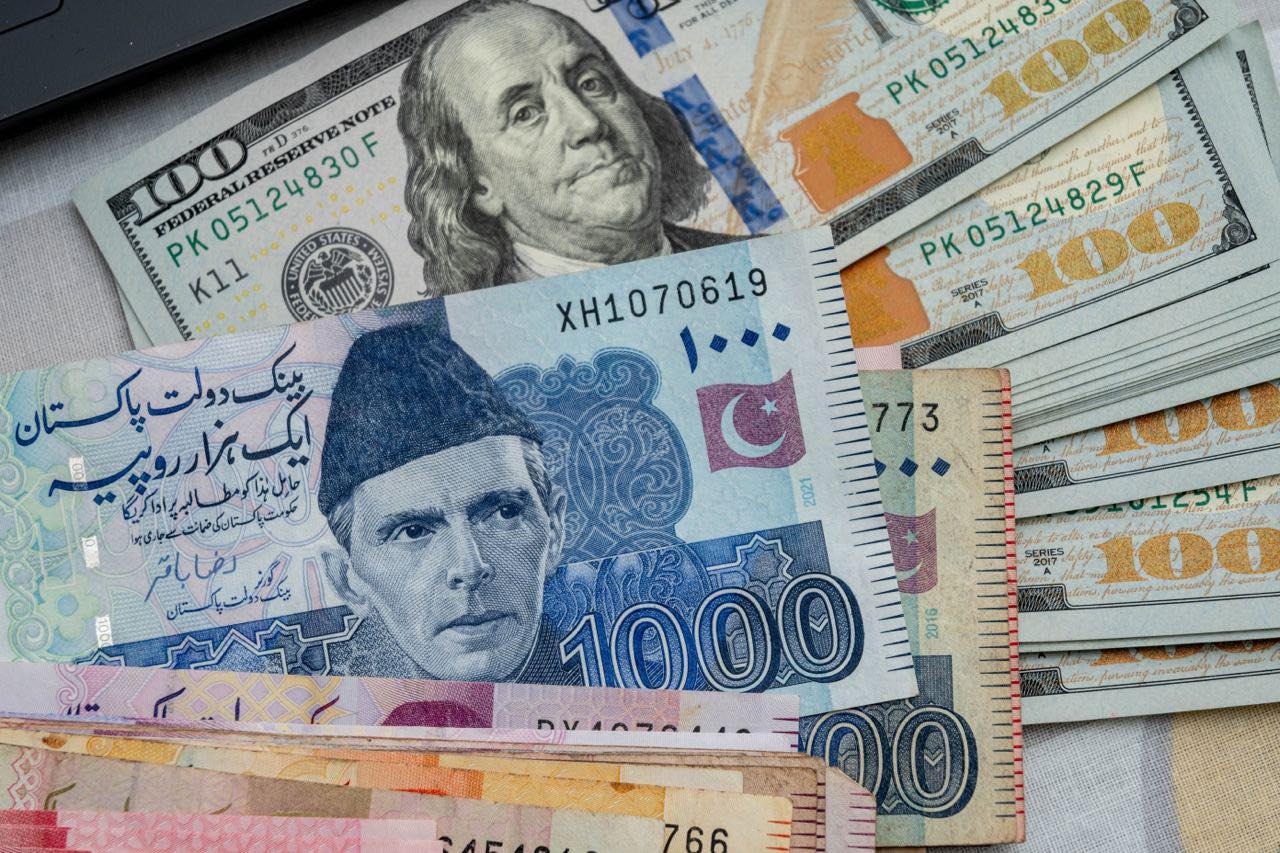Mohsin Siddiqui (Chief Reporter)
The much-anticipated $7 billion bailout package for Pakistan from the International Monetary Fund (IMF) faces growing uncertainty as the IMF Executive Board’s schedule, released up until August 28, does not yet include Pakistan on its agenda. This omission has sparked concerns about the timeline and possibility of the loan disbursement that is crucial for the country’s financial stability.
Despite Pakistan’s absence from the agenda, there remains a glimmer of hope. Sources familiar with IMF procedures have indicated that the Executive Board holds the discretion to add items to the agenda outside the official schedule. This flexibility means there is still a possibility that Pakistan’s request for financial assistance could be addressed before the end of the month.
This development follows the staff-level agreement between Pakistan and the IMF, signed on July 12, which was seen as a significant step forward in securing the bailout package. The agreement, however, is only one part of the process. Typically, after a staff-level agreement is reached, it takes between four to six weeks for the IMF Executive Board to convene and give final approval. The finance minister has hinted that the board meeting may still occur by the end of August, potentially bringing much-needed relief to the nation’s ailing economy.
The new IMF loan program, which is set to span over 37 months, is expected to play a pivotal role in stabilizing Pakistan’s economy. The package aims to boost the country’s foreign reserves, address ongoing fiscal challenges, and provide critical financial support during a time of economic difficulty. However, until the Executive Board grants its formal approval, Pakistan’s financial outlook remains in a state of uncertainty, with the country waiting anxiously for a decision that could significantly impact its economic future.
In an official release, Nathan Porter, the IMF’s Mission Chief to Pakistan, elaborated on the terms of the agreement. He stated, “The Pakistani authorities and the IMF team have reached a staff-level agreement on a comprehensive program endorsed by the federal and provincial governments, that could be supported by a 37-month Extended Fund Arrangement (EFF) in the amount equivalent to SDR 5,320 million (or about US$7 billion at current exchange rates).” Porter’s announcement underscores the significance of the agreement but also highlights that it is contingent upon the IMF Executive Board’s approval and the timely confirmation of necessary financing assurances from Pakistan’s development and bilateral partners.
According to the IMF, the program is designed to capitalize on the macroeconomic stability Pakistan has achieved over the past year. The primary objectives include enhancing public finances, curbing inflation, rebuilding external buffers, and eliminating economic distortions to foster private sector-led growth. These efforts are seen as critical steps toward ensuring Pakistan’s economic resilience in the face of ongoing challenges.
A key focus of the program is the pursuit of sustainable public finances through gradual fiscal consolidation. This will be achieved by implementing reforms aimed at broadening the tax base and removing exemptions, thereby increasing resources for essential development and social spending. Specifically, the authorities plan to increase tax revenues by 1.5% of GDP in FY25 and by 3% of GDP over the duration of the program. These measures are expected to create a more robust fiscal environment, enabling the government to address pressing economic issues effectively.
The uncertainty surrounding the IMF Executive Board’s approval of the bailout package has left Pakistan’s financial future in a state of flux. With the country facing mounting economic pressures, including a need to boost foreign reserves and address fiscal imbalances, the timely disbursement of the $7 billion loan is of paramount importance. As the end of August approaches, all eyes are on the IMF Executive Board, with the hope that Pakistan’s request will be addressed and the much-needed funds will be released.
In the meantime, the government is likely to continue its efforts to secure the necessary financing assurances from its development partners. This is a critical step in ensuring that the IMF Executive Board can proceed with its review and potential approval of the bailout package. Until then, Pakistan’s economy remains in a precarious position, with the outcome of the IMF’s decision holding significant implications for the country’s financial stability and future economic prospects.



